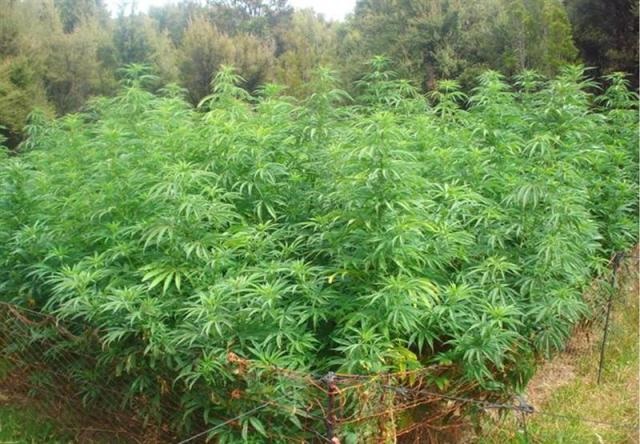Bhubaneswar: Illicit cannabis cultivation continues unabated in Odisha in spite of preventive measures. The Odisha government Tuesday said it will use drones, satellite imagery and remote sensing technologies to locate such activity in the state.
Odisha police and the Excise department have jointly destroyed 22,217 acres of cultivation of hemp, a variety of cannabis, in 2020-21, as compared to 9,473 acres in 2018-19, informed an official.
During a high-level meeting chaired by Chief Secretary SC Mohapatra, it was decided that the police and the Excise department will intensify enforcement activity to stop hemp farming in Odisha.
Mohapatra has also asked the Revenue department officials to check records of land where hemp is cultivated. Then they are to take action against the landowners as per provisions of the Narcotic Drugs and Psychotropic Substances Act.
Excise department principal secretary SK Lohani said hemp cultivation was destroyed in 10 districts. “Hemp farming has been contained to a large extent in Angul and Sambalpur districts. However, such activity has been detected in Boudh, Deogarh, Gajapati, Ganjam, Kandhamal, Koraput, Malkangiri and Rayagada,” informed Lohani.
Mohapatra reviewed the situation. He also directed officials to strengthen local intelligence to identify villages where this illegal cultivation is going on. “It was also decided to apply satellite and drone technologies to locate areas of unlawful hemp cultivation,” Mohapatra told reporters.
Also read: Cannabis worth Rs 1 crore seized in Gajapati
The chief secretary also directed district collectors to prepare action plans for prevention of the illicit farming activity. “The collectors have been asked to identify tribal poor families who are living on this trade. They are to be provided with alternative livelihood opportunities through the convergence of Odisha Livelihood Mission (OLM), National Livelihood Mission (NLM), MGNREGS, cash crop farming, agri-business and other schemes,” informed an official.
Development Commissioner PK Jena advised officials to intensify awareness and IEC (information, education and communication) activities in the identified areas with involvement of village communities, representatives of panchayat raj institutions, NGOs, SHGs (self-help groups) and farmers’ clubs.
The chief secretary also directed the district collectors to visit the villages where hemp cultivation was detected earlier and talk to local people for sustainable livelihood options.
